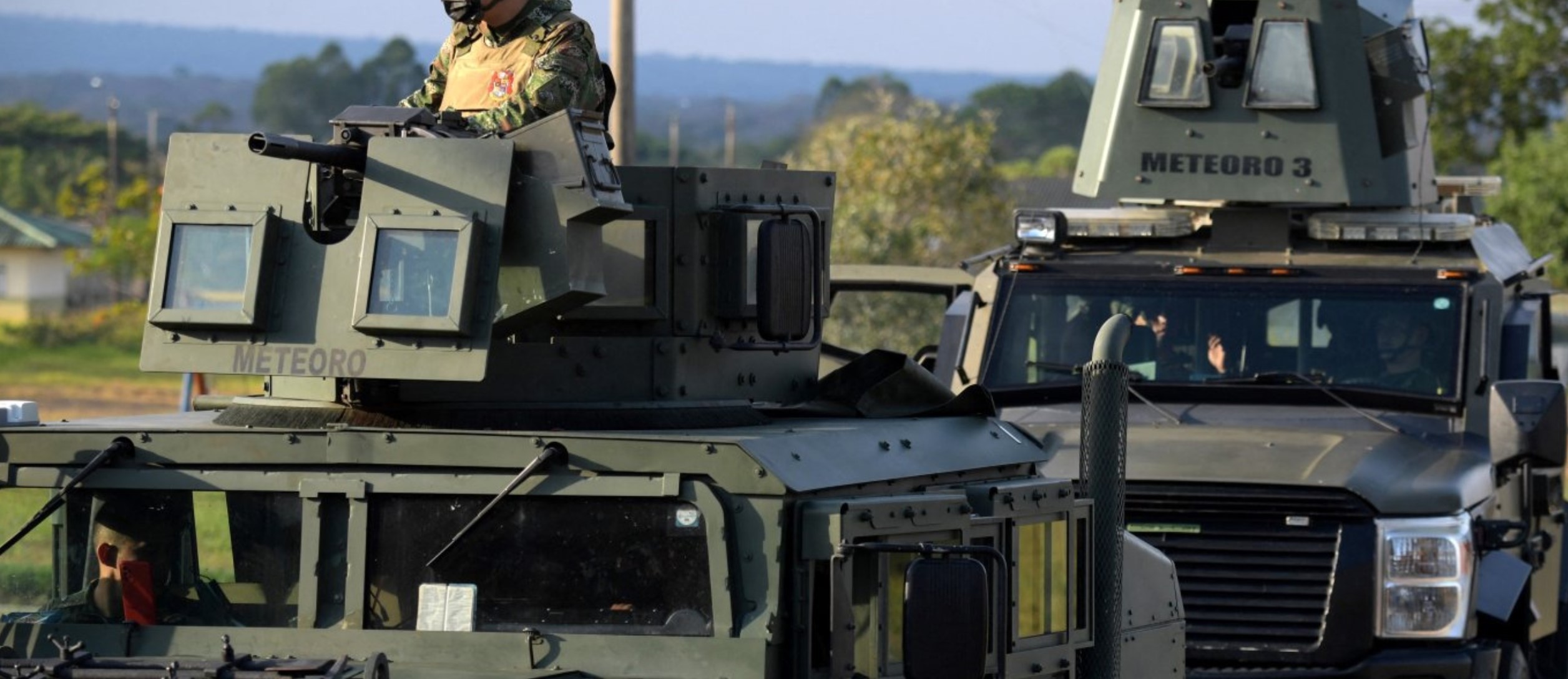
Colombia’s Security Challenges, the Government Response, and the Future of U.S.-Colombia Relations
Overview
From October 6 to 16, 2022, the author visited Bogotá and Medellín, Colombia, to speak with government personnel, businesspersons, academics, and others regarding Colombia’s security challenges, the Colombian response under the new government of Gustavo Petro, and the future of the U.S.-Colombia relationship. The general impression is that the “sky is not falling.” Nonetheless, the combination of expanding challenges and the style and agenda of the Petro government may profoundly deepen reinforcing security and economic crises for the country, significantly impact the dynamic of the region, and force a fundamental—and likely painful—reorientation of the basis of Colombia’s longstanding cooperation with the United States.
The word heard most frequently in the 26 individual interviews conducted in Colombia was “incertidumbre” (uncertainty). Many in the security sector have expressed concern and disillusionment due to President Petro’s policies and other pronouncements, his actions to date, and his perceived orientation based on his past both as an M-19 guerilla and as mayor of Bogotá. The security professionals’ concerns are nonetheless tempered by resignation, in deference to the fact that Petro was duly elected as president by the Colombians that they serve.
The other word most frequently heard was “caution.” Many in the security sector perceive a shift in the tone and priorities of the new government; for example, many with whom the author spoke believe, for better or worse, that the leaders that President Petro has selected for the military and police place particular emphasis on the military doing no harm, over an emphasis on securing results.
While some security forces have indeed been involved in the commission of serious crimes and other errors, and while the new leadership certainly has not halted military and police operations against criminal groups, the net result of the perceived new environment has arguably been a chilling effect, with members of the security forces feeling a new imperative to avoid operations which could generate career-ending or criminally sanctionable errors, as well as avoiding public expression of any negative sentiments or concern.
During the interviews, multiple authorities offered unsolicited assurances regarding the subordination of the Colombian military to civilian authority. The frequency with which such comments occurred highlighted sensitivity within parts of the Colombian Armed Forces that many outside the country almost expect it to act in undemocratic ways in the context of the magnitude and direction of changes presented by President Petro.
Colombia is at a critical moment in the interplay between security and economic dynamics and government policies, with a nontrivial possibility that things could turn out unexpectedly well, but an arguably much greater probability that they will not. In an informal survey conducted among national security specialists during one of the presentations in Colombia, 8 out of 10 indicated that they did not expect the trajectory of events in the Petro administration to yield, on balance, positive results. The other two said that it was too early to tell.
The outcome of Colombia’s dilemma arguably depends on the interaction between the corrupting and violence-producing activities of well-funded (if fragmented) criminal groups and the illicit activities that finance them; investment in and performance of Colombia’s economy, weakened by Covid-19 and the inflationary effects of Russia’s invasion of Ukraine; and the effects of the security, economic, and international relations policies of the Petro government and the way they are perceived.



